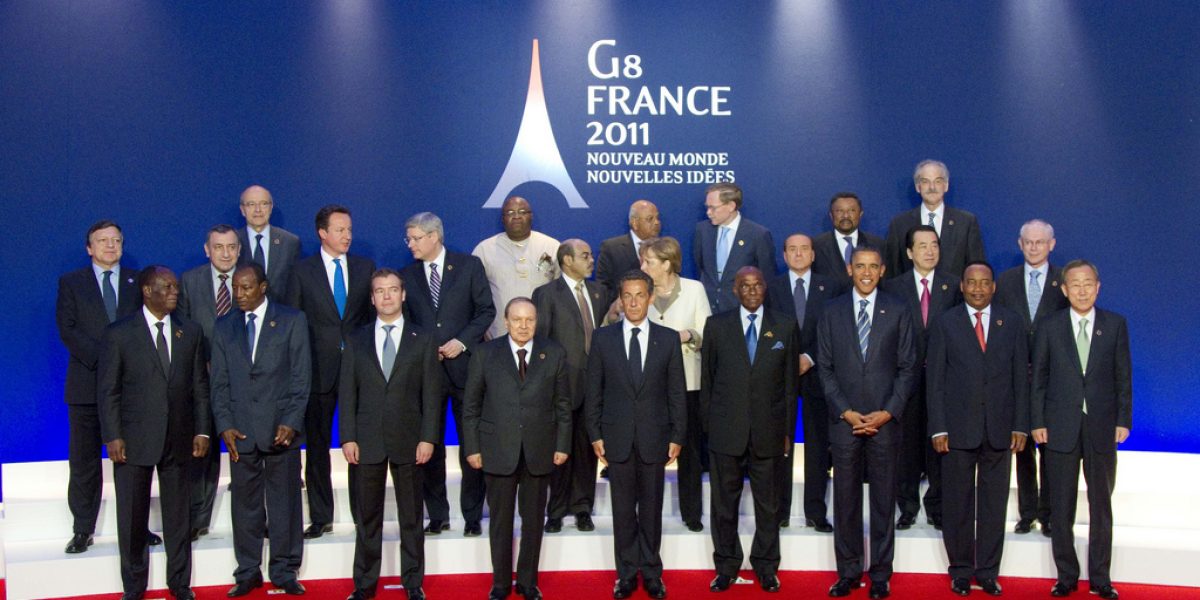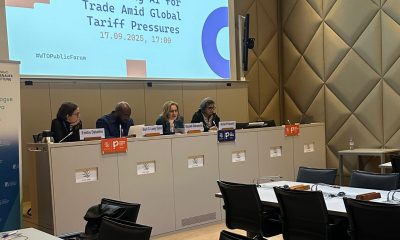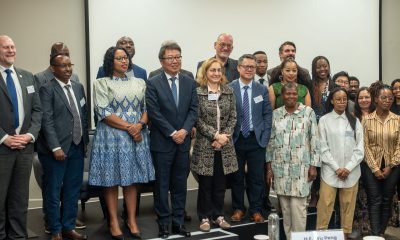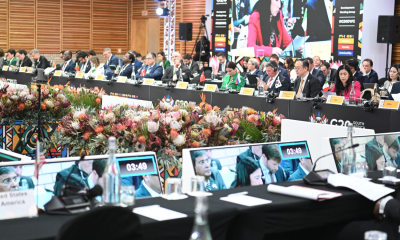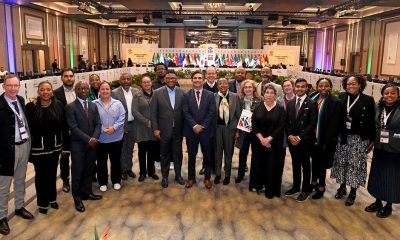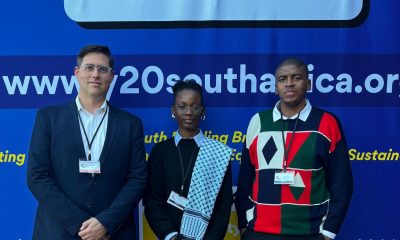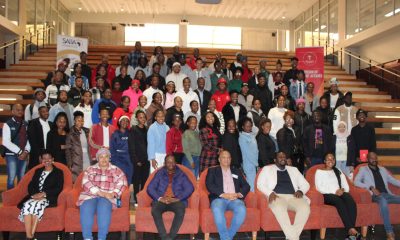What started as small study group sessions to look at various G20 agenda items as well as summits has evolved into a fully-fledged multi-year project with a wider scope. Focusing on global economic governance as the process of rule-setting in global markets and institutions as well as in global economics, this project seeks to interrogate these issues from an African perspective. The project considers economic governance as broadly defined, looking at key institutions and groupings such as the G20, BRICS, G7/8, IBSA, the World Bank, and the International Monetary Fund etc.
The project is being launched within the context of an increasingly multi-polar world, where pressure for more meaningful reforms in the global economic system is increasing in tandem with the shifts in global political and economic power in favour of developing countries. At the same time, small group processes as exemplified by the abovementioned country groupings are driving the global governance negotiations and the importance of building alliances has never been more critical. It is important to note that while the sands of global economic governance are shifting, they have not entirely shifted and the G7/8 still has significant power in the articulation of norms and rules in the global economic system. Developing countries are still new to this process and have not yet fully appreciated the responsibility and implications of a leading role.
These issues are of particular importance to Africa for two reasons: South Africa finds itself as the only member of most of these influential groupings in the global economic system with the two particular examples that stand out being the G20 as well as the BRICS grouping; and as Africa is the last frontier for growth and given growth predictions for Africa, it is important to gain a foothold in the decision-making mechanisms and entrench that foothold. Both South Africa and the rest of the continent have in the past not been that active in the space of global economic governance. There is a need to develop and nurture a culture of involvement in the global economic system and harness Africa’s full potential and power in these matters e.g. through such concerted African positions as was seen in the run-up to the appointment of the World Bank president in early 2012. If South Africa and Africa can influence the rules of the game then they can maximise their own space to make domestic economic policy. Otherwise the traditionally dominant actors will formulate the rules without reference to developing countries and specifically African interests. This risks constraining African policy space in unpredictable ways, and imposing domestic economic policy choices that may be inimical to pursuing sustainable and equitable development outcomes.
At the present moment, with South Africa as the only full member of the G20 in particular (NEPAD and the AU are represented but only as observers), there is need to ensure a regional coordination with regard to policy issues on the global economic governance agenda. This would ensure that the ‘African’ voice, as opposed to just ‘South African’ voice, is heard. In as much as South Africa represents itself as an individual country, it is also expected to advocate for African interests as well. This coordination process includes the involvement of such stakeholders as the Committee of Ten countries; pan-African institutions dealing with global governance such as UNECA; other regional think-tanks and research institutions such as the African Economic Research Consortium, institutions dedicated to the capacity building of African researchers as well as think-tanks such as the African Capacity Building Foundation, to mention but a few. In line with its broader African outlook, the GEG Africa project is establishing a network of African think-tanks and scholars working on issues of concern to the continent and South Africa in relation to the G20 and global economic governance more broadly.
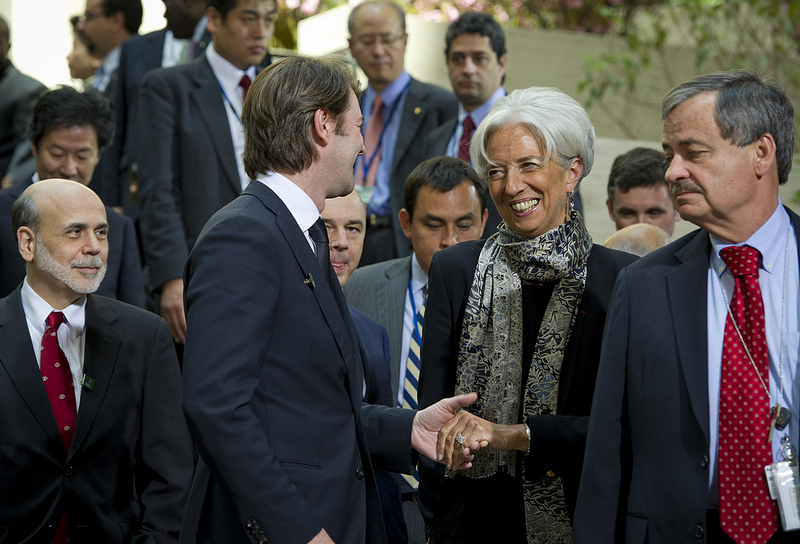
The primary objective of GEG Africa is to establish a knowledge centre on global economic governance and thus supplement and hopefully enhance articulation of South African and African interests in the G20, backed by evidence-based research. Through its core researchers and also using the network partners, this knowledge centre will produce high-level analytical and public outreach work. In addition, it is fair to state that South Africa is fairly advanced in such issues, both from a knowledge and engagement perspective but there is still need to build capacity in other African countries. As such, one of the central elements of this project will be capacity building for government officials from various African countries; postgraduate university students; as well as the media.
To complement the knowledge centre, GEG Africa will also be launching a comprehensive website to provide information on global economic governance matters from an African perspective and in a manner that is both accessible and current. This website aims to promote a better understanding and a more informed approach to global economic governance and development matters in Africa.
In a nutshell, the Global Economic Governance – Africa project shall be looking at issues of global economic governance and how they affect Africa and particularly South Africa. The issues shall be interrogated with a view to contributing to the enhanced articulation of South African and African interests through policy-relevant research. Economic governance is currently at the core of global political economy debates and will remain in that position for some time to come. It is important, for the betterment of the continent, to ensure that African interests are understood and conveyed effectively. A continent wide research network is necessary for a project of this nature. Through this process and using the three-pronged approach of research; networking; and capacity building; the project ultimately aims to undertake and promote research driven by African needs; advise policymakers; and both stimulate public and media interest on global economic governance while also being a source of information.

